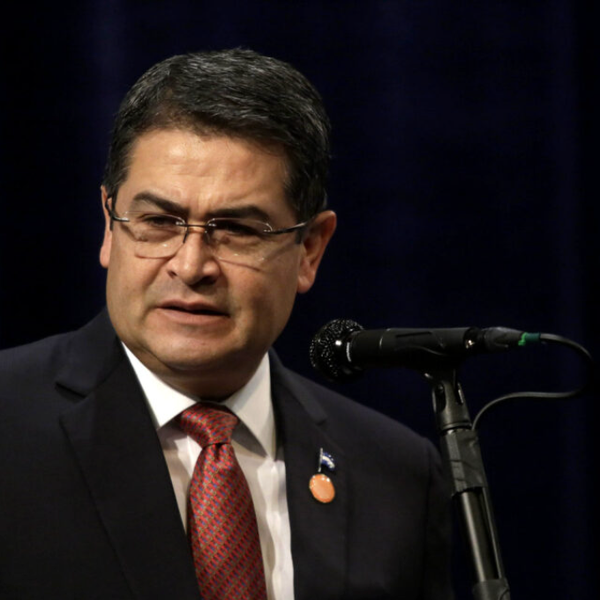By Annie Martin, Orlando Sentinel (TNS)
ORLANDO, Fla. — A snake rested on the back of Valerie Lantigua’s neck as she sat, unperturbed, facing her laptop. The 16-year-old occasionally took her hands from her keyboard to steady the snake’s wandering head.
It’s a typical day in Timothy App’s class, which is part of the Veterinary Animal Science and Services magnet program at Colonial High. The four-year program covers critters from the zoo to the wild.
Agriscience programs like Colonial’s don’t fixate on “cows, sows and plows,” said Danny Garner, the district’s coordinator of agriscience and natural resources education. Today’s classrooms emphasize transferable skills including public speaking, debating and critical thinking.
“To me, it’s a program that can benefit any and every student at a school, regardless of career choice,” he said.
About 4,500 Orange students participate in agriscience programs like the one at Colonial, Garner said. That’s up from 2,500 during the 2012-13 school year.
Though Colonial’s program is about animals, Garner said the focus of each agriscience program varies among schools. Wekiva High offers an agriscience academy that includes aquaponics, biotechnology and horticulture.
Orange isn’t the only place where students are showing a growing interest in agriscience. The National FFA Organization (formerly known as Future Farmers of America), counted 629,000 members this year, up from 495,000 a decade ago.
The organization estimates more than a quarter of its members live in urban or suburban areas, said Kristy Meyer, a spokeswoman for the organization. Students in Orange’s agriscience programs aren’t always FFA members, but many are.
Yet, today’s students are less likely to become farmers than in previous generations. The share of Americans who work in agriculture has shrunk from 41 percent in 1900 to less than 2 percent today, according to the U.S. Department of Agriculture.
Employment in fields like agriculture, forestry, fishing and hunting is expected to decline by 6 percent over the next decade, according to the Bureau of Labor Statistics.
But Orange educators say studying agriscience can help students prepare for a wide range of careers, like becoming veterinarians, scientists or nutritionists. And App said helping students explore their options, including eliminating those that are a bad fit, is a priority.
“I want them to find out what they want to do before they go to college,” he said.
At the Colonial High magnet program, about a quarter of the 74 students don’t live in Colonial’s zone. Many students who enter the program are eager to become veterinarians, and a few do just that. But App said he tries to educate them about other animal-related careers, too.
“We have to be very diverse because we’re trying to reach a larger student audience and stimulate their interest in a career in animal science,” App said.
App said he covers all types of animals because that’s what his students want to learn. But snakes are clearly an emphasis. The reptiles lurk in the glass tanks that border the room. Students roam freely with the animals wrapped around their necks.
App said he used to have chinchillas in his room, but the noise stressed the rodents, and snakes are a better fit for a busy school.
Behind the school, a couple of large tortoises sat lazily in a pen. Dozens of chickens clucked noisily in a coop. Three sheep waited to be fed in a covered area.
At Colonial, where students mostly live in homes with small yards and apartments, App allows his most serious students to keep farm animals in a grassy area adjacent to a parking lot. Families must purchase the animals with their own money. Students arrive on campus before the first class starts at 7:27 a.m. to feed the goats and come in on weekends and over school breaks.
One of the sheep that lives at Colonial belongs to Valerie. She’s raising the animal for a school project, and she’ll eventually sell it for its meat.
A junior at Colonial, Valerie commutes 45 minutes each way to Colonial from her home in south Orange County, near Kissimmee. The extra time in the car is worth it, she said, because it’s good preparation for veterinary school.
“There would be no means for me to raise these animals if it weren’t for this program,” she said.
©2015 The Orlando Sentinel (Orlando, Fla.). Distributed by Tribune Content Agency, LLC.
Photo: Colonial High School juniors Cameron Ramola, 16, left, and Valeria Lantigua, 16, check on their chickens at the school on Wednesday, Dec. 9, 2015. (Jacob Langston/Orlando Sentinel/TNS)








